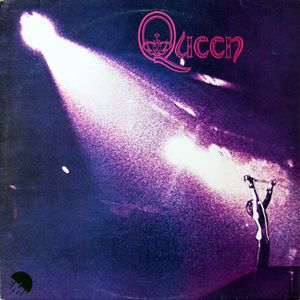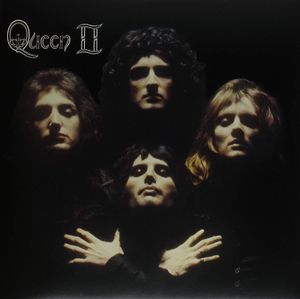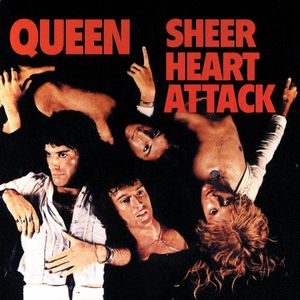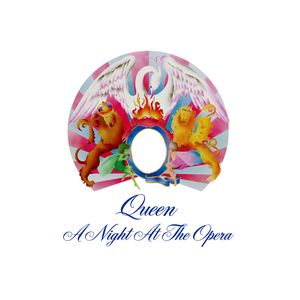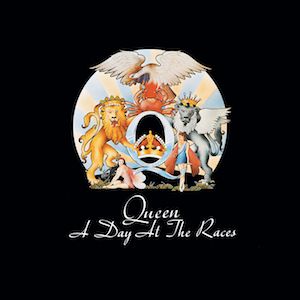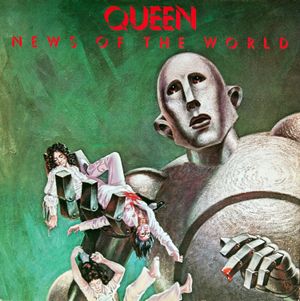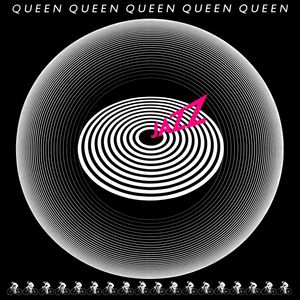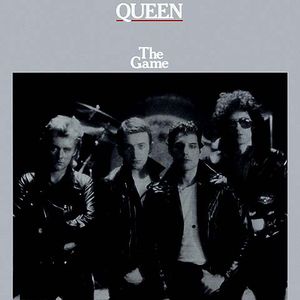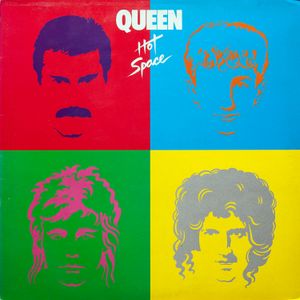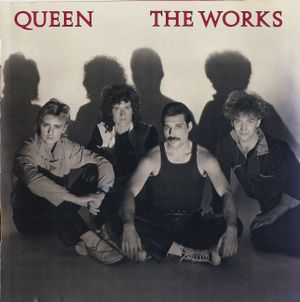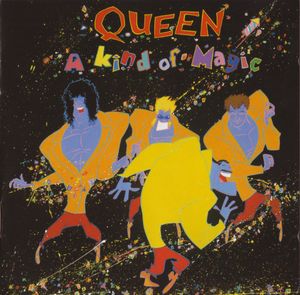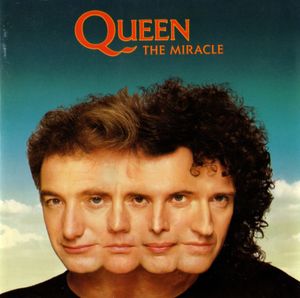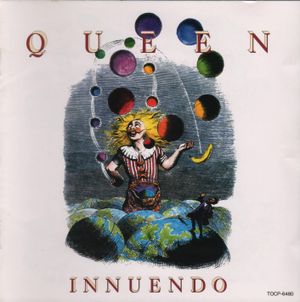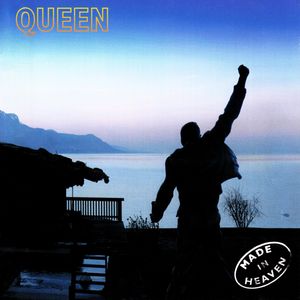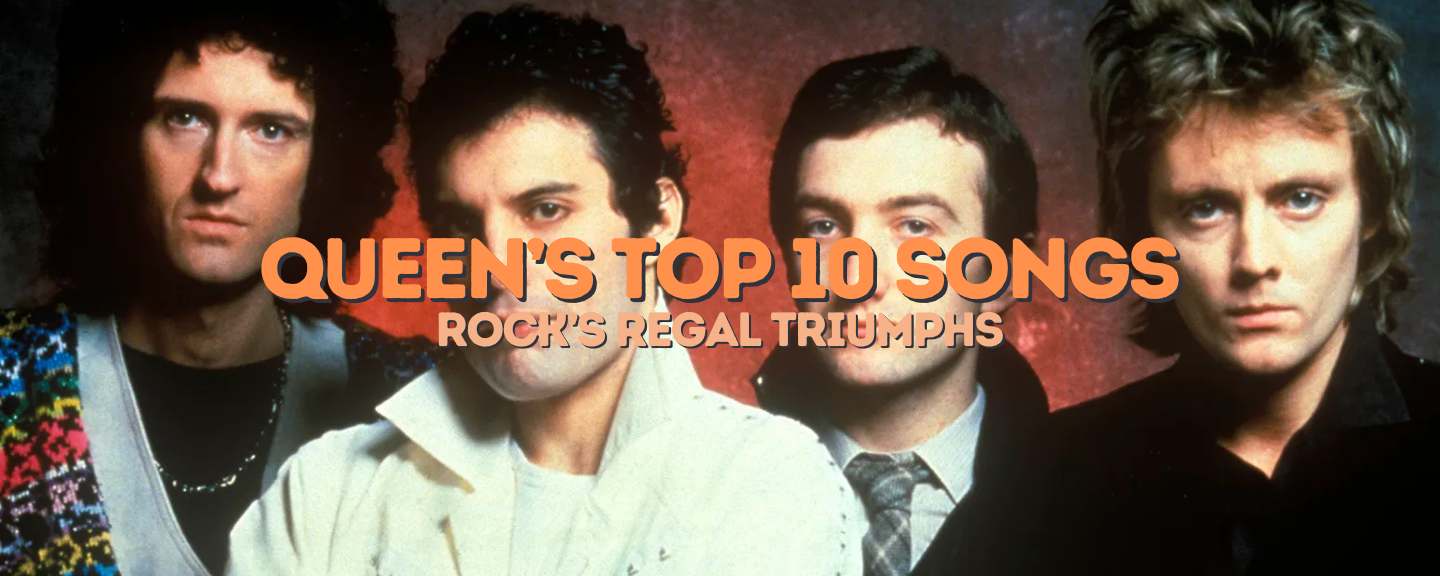

Queen
Follow Your Favorite Band Today!
Top Queen Community Posts
Story of Queen
Queen: From Prog Rock Pioneers to Stadium Anthems
Queen, a legendary British rock band, burst onto the scene in London in 1970, spearheaded by the charismatic Freddie Mercury (vocals, piano), the virtuoso Brian May (guitar, vocals), and the powerhouse Roger Taylor (drums, vocals). They initially carved their path through a blend of progressive rock, hard rock, and heavy metal, crafting intricate and ambitious soundscapes.
But Queen wasn't content with staying in their sonic comfort zone. They embraced musical evolution, gradually incorporating elements of arena rock and pop rock, creating a sound that resonated with a wider audience. Before their rise as Queen, May and Taylor had already made waves with the band Smile. It was Mercury, a devoted fan, who urged them to push the boundaries of their sound and embrace theatrical performances. In 1970, he joined their ranks, and the band adopted his suggestion for their name: "Queen". The lineup was completed by the arrival of John Deacon (bass) in 1971.
Their self-titled debut album dropped in 1973, laying the groundwork for a truly phenomenal career. 1974 saw Queen break into the UK charts with their second album, Queen II, followed by the explosive Sheer Heart Attack later that same year. But it was their 1975 masterpiece, A Night at the Opera, that propelled them to international stardom. This album featured the iconic "Bohemian Rhapsody," a six-minute opera rock epic that dominated the UK charts for an astounding nine weeks and revolutionized the music video format.
The band continued their reign of rock with the 1977 album News of the World, which spawned the anthems "We Will Rock You" and "We Are the Champions" - now synonymous with sporting events worldwide. Queen's musical journey was marked by their willingness to experiment, their theatrical stage presence, and their ability to craft anthems that continue to inspire and resonate with generations of fans. They remain an undeniable force in the world of rock, a testament to their raw talent, creative brilliance, and unwavering passion for music.
Frequently Asked Questions
Bands you may like
More Hard Rock Bands
Discover more bands in the Hard Rock genre and explore the diverse sounds that define this musical style.
Browse All Hard Rock BandsMore Bands from United Kingdom
Discover the rich musical heritage of United Kingdom and explore bands that represent the country's unique sound and culture.
Browse All United Kingdom Bands
